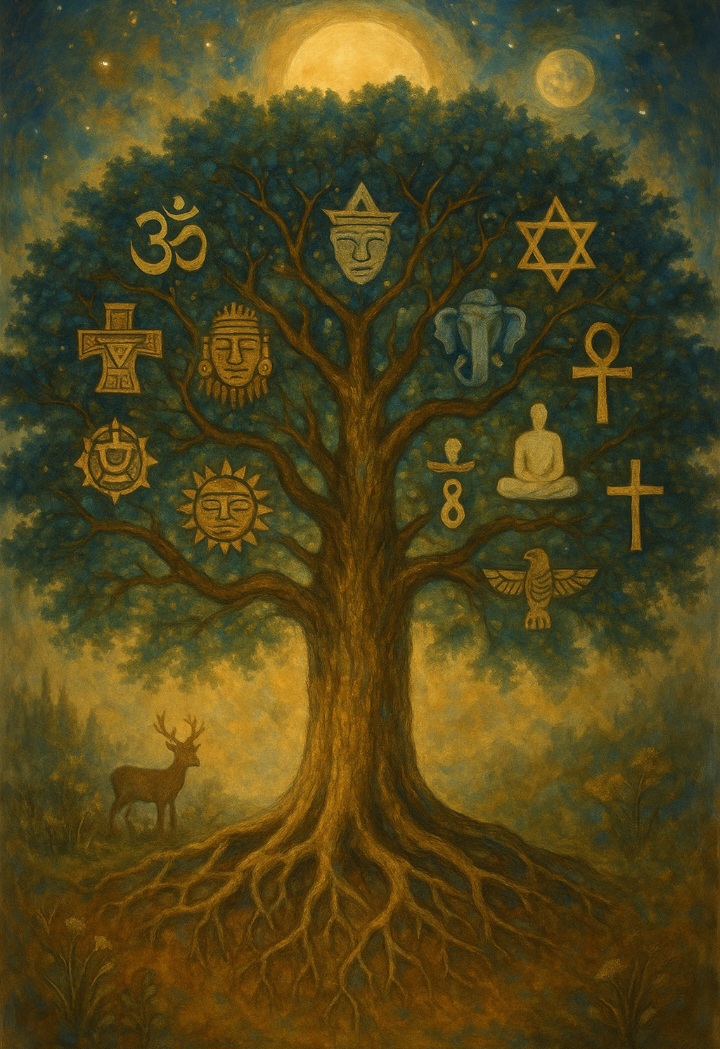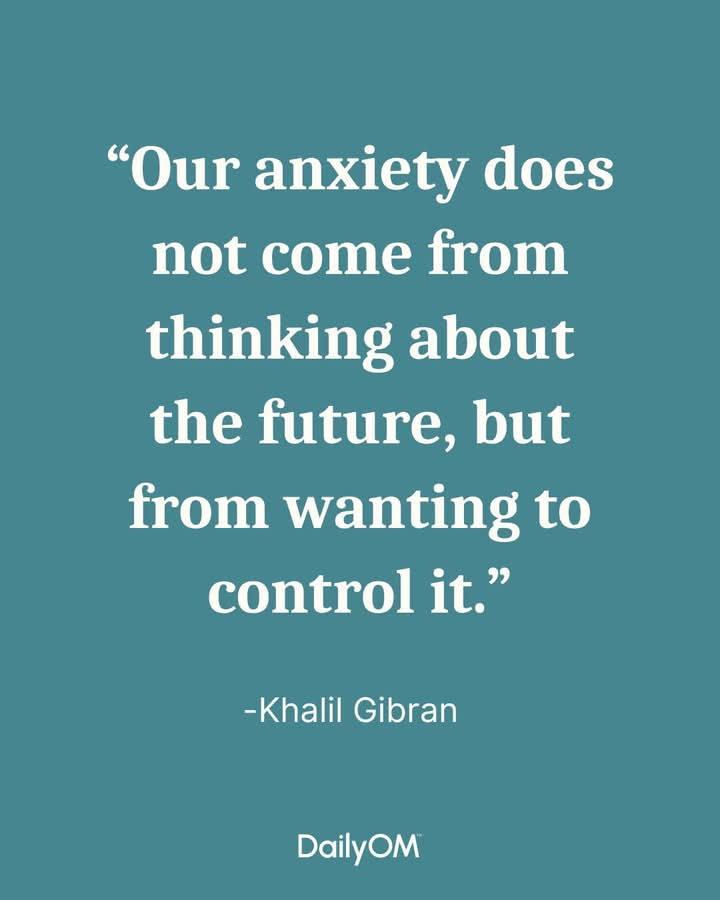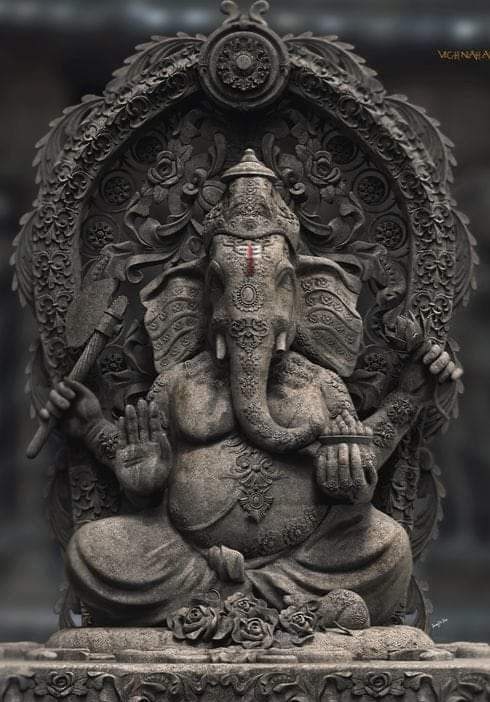What if, beneath all our languages, stories, beliefs, and boundaries, there existed a single thread? A golden cord woven through every soul, whispering that we are more alike than we are different? This is the quiet power of universalism—the belief that there are truths, values, and destinies that apply to all of us, no matter who we are or where we come from.
Universalism, in its many forms, insists that we belong to one human family. It tells us that compassion is not confined by culture, that dignity does not require citizenship, and that grace is not earned, but inherent. Across centuries and disciplines, it appears as a bridge: between nations, between faiths, between the self and the collective.
Let us walk across that bridge.
Philosophical Universalism: Morality Without Borders
At its philosophical root, universalism is the idea that some moral principles are not situational or cultural, but apply universally to all human beings. This is the moral spine behind the notion of human rights—that every person deserves freedom, dignity, and safety simply because they are human.
Immanuel Kant, a towering figure in Enlightenment thought, argued for what he called the categorical imperative: act only according to the principle that you would will to become a universal law. In other words, behave in ways that you believe everyone, everywhere, should behave.
This philosophical universalism shows up in the Universal Declaration of Human Rights, a post-war beacon drafted in 1948. It’s also embedded in the ethical codes of humanitarian work, global justice movements, and efforts to protect vulnerable communities—asserting that human worth transcends legal or national definitions.
But this idea isn’t unchallenged. Cultural relativism warns us not to project one worldview onto all others. What if universal values reflect primarily Western or dominant ideals? What happens when the “universal” is used to erase the particular?
These critiques don’t negate universalism. Instead, they deepen it. True universalism is not colonization in moral clothing—it is humble, curious, and listening. It asks not how we are the same, but how our differences might reveal deeper common ground.
Religious Universalism: Grace for All
In the world of religion, universalism shines like a lighthouse over stormy doctrinal seas. Where some faith traditions assert that only a chosen few will be saved, religious universalism insists: all will be reconciled, all will come home.
In Christian Universalism, this takes the form of the belief that Christ’s redemption is not limited, but complete—that God’s love is too wide to lose a single soul. Early theologians like Origen of Alexandria taught that even the most wayward spirit would eventually return to the divine embrace.
In Hinduism, the Rigveda declares: “Truth is one; the wise call it by many names.” This pluralistic strand of thought sees the divine in many forms and accepts that all sincere spiritual paths may lead to moksha—liberation.
The Unitarian Universalist movement, a modern spiritual community without dogma, carries this banner today. It gathers seekers from all traditions under a shared affirmation of inherent worth, justice, and love. Their congregations speak not of judgment, but of healing. Not of exclusion, but of embrace.
Religious universalism doesn’t flatten difference. It honors the many ways we seek transcendence. And it offers this radical hope: no one is outside the circle of belonging.
Social Universalism: A More Just World
Step into the public square, and you’ll see universalism at work in movements for equity and justice. Universal basic income, universal healthcare, universal education—these are not merely policy debates. They’re reflections of a belief that society thrives when no one is left behind.
Social universalism says: it is not enough for some to have plenty while others struggle. It calls us to a higher ethic—that public goods should be available to all, not parceled out by privilege or paperwork.
It is a rejection of scarcity thinking, and an embrace of a more generous economy: not just of money, but of care.
Critics argue that universal programs can ignore nuance—that they don’t always address systemic inequity or historical injustice. That’s a fair concern. But universalism, at its best, is not about pretending everyone starts at the same place. It’s about ensuring that everyone has the right to a future.
Cognitive and Cultural Universalism: The Mind We Share
Universalism also appears in the sciences of the mind. Linguist Noam Chomsky proposed that beneath the thousands of languages spoken across Earth lies a universal grammar—a shared structure wired into the human brain. Our tongues differ, but the capacity to speak is a shared miracle.
Similarly, researchers in developmental psychology and cognitive science study cross-cultural moral instincts, such as empathy, fairness, or the golden rule. While the expressions of these values vary, their existence across vastly different societies points to a shared ethical DNA.
There is beauty in discovering that a child in Nairobi, a grandmother in Kyoto, and a poet in Buenos Aires may all long for the same things: love, safety, freedom, meaning.
A Poetic Reflection: The Soul of Universalism
Universalism is not just an idea. It is a spirit, a lens, a vow. It is the quiet knowing that my liberation is bound up with yours. That suffering anywhere diminishes hope everywhere. That love, if it is truly love, cannot be hoarded.
It is the call of the mystic and the activist alike. The echo in every sacred text that says, You belong. You are seen. You are loved. So is your neighbor. So is the stranger.
It does not ask us to erase our cultures, but to see each one as a mirror reflecting something of the infinite. It does not demand uniformity, but unity. Not sameness, but solidarity.
As Rumi wrote: “Beyond ideas of wrongdoing and rightdoing, there is a field. I’ll meet you there.”
That field is universalism.
Final Thoughts: Practicing Universalism Today
To live with a universalist heart is to move through the world with tenderness. It is to see the face of a sibling in the eyes of a refugee, the laughter of your own child in the joy of another’s. It is to ask: What if my peace depends on theirs?
It is not always easy. But it is urgent.
The world doesn’t need more divisions. It needs more bridges. Universalism helps us build them—with language, with action, with love.
?? SEO Keywords and Hashtags
Keywords:
universalism definition, what is universalism, religious universalism, philosophical universalism, moral universalism, human rights and universalism, universal values, spiritual universalism, inclusive faith, social justice
|
|







